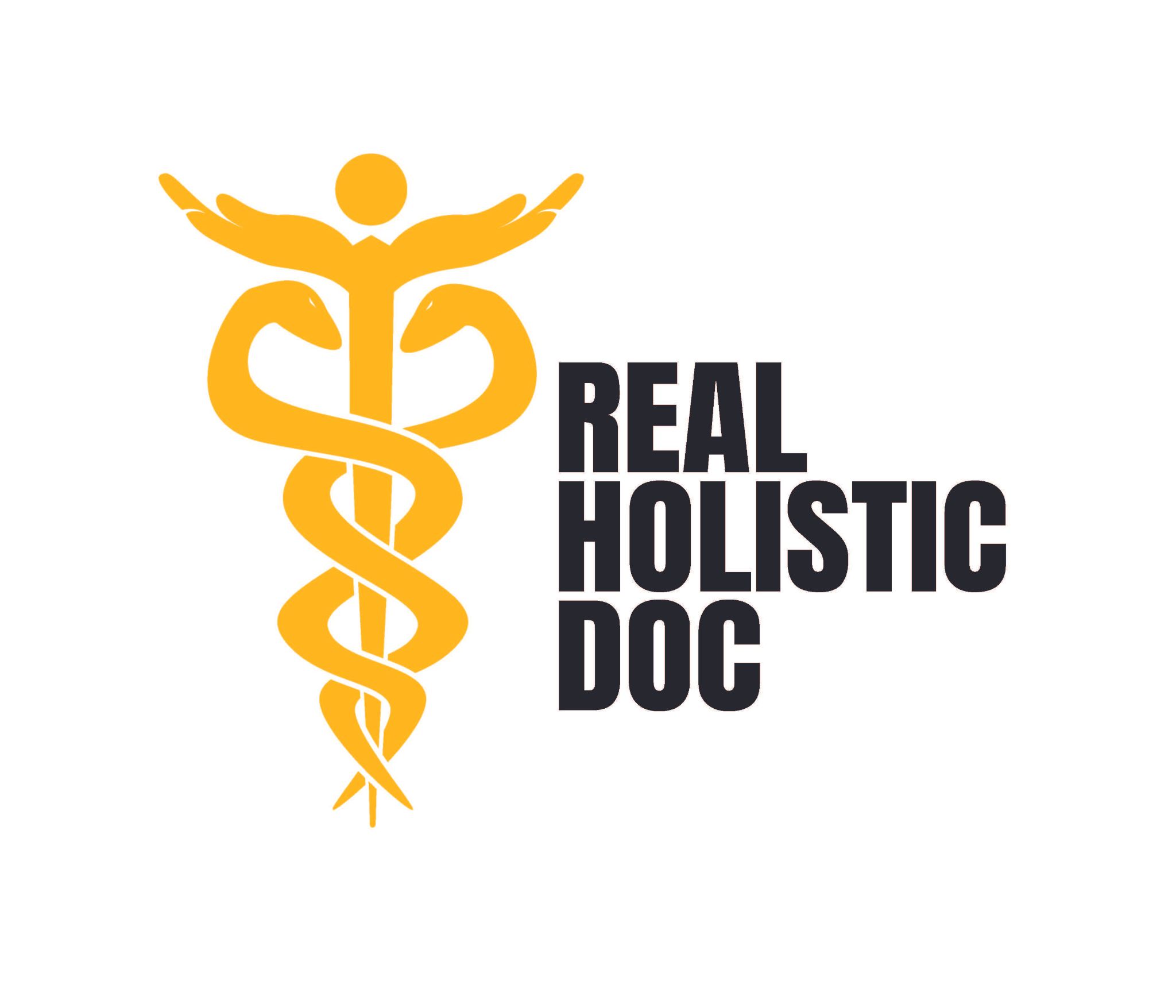GENETIC PLASTICITY
C. Norman Shealy, M.D., Ph.D.
We have known for many decades that the brain is very adaptable or “plastic”, with ability to develop new neurons and connections. During the past decade it has become equally clear that our genes are remarkably adaptable, with many ways to turn them on or off. The field of epigenetics is one of the most exciting sciences today.
For at least 100 years, we have also known that all forms of stress create a wide variety of biochemical and adaptive changes, which, cumulatively, lead to adaptation, maladaptation, and ultimately to degeneration and burnout.
For over 3 decades we have known that physical exercise is far more anxiety reducing, and safer, than any drug in the word. The latest research proves that physical exercise not only promotes growth of new neurons but also prevents and reduces anxiety! Anxiety may reduce an individual’s tendency to take chances and thus give the individual to a better chance of survival, but anxiety then takes its toll biochemically and often leads to depression.
Physical exercise is not only good for the brain-it changes the expression of our innate DNA! Twenty-three overweight men who agreed to attend exercise classes 3 times a week for 6 months actually averaged only 1.8 sessions a week. Even with that modest increase in activity, 7000 out of 20,000 genes had epigenetically IMPROVED methylation of genes related to type 2 diabetes!
MOVE IT AND YOU CAN REBUILD IT!!! Exercise that does not strain is one of the most critical of all health requirements. It has long been know that even at age 90, strength, coordination and endurance can be rejuvenating.
Start NOW to optimize all your genes by moving more.
